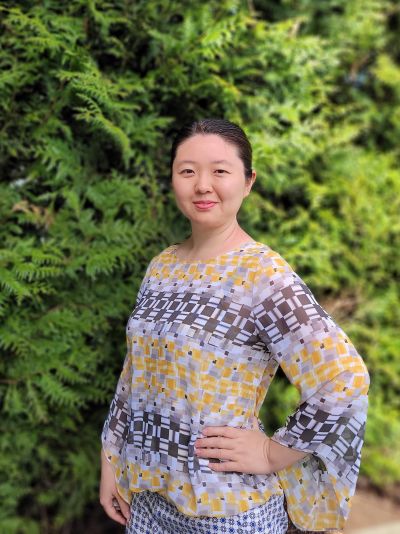About Me

June has a natural healing ability which she attributes to her exposure to Traditional Chinese Medicine (TCM) from a young age. Her mother preferred TCM modalities over conventional drugs and antibiotics, so June never took any of those when she fell sick while growing up. After completing her bachelor's degree, June pursued Chinese Medicine in Chicago, IL, and successfully became a licensed practitioner. With her family background and fluency in Chinese, she was able to gain a deeper understanding of TCM. Her approach involves treating the root causes of illnesses by carefully examining how they affect the organs. She then corrects the problem by restoring balance to the body, ultimately achieving a state of harmony.
Traditional Chinese Medicine (TCM) is a natural, holistic healthcare system that has been in practice for thousands of years. It is still widely practiced in China today. The foundation of TCM is based on the belief that human beings are an integral part of the universe and cannot be separated from its changing nature. TCM originated from the Daoist philosophy that humans are a part of nature and that the body is a microcosm that reflects the macrocosm- the universe. TCM practitioners consider preventing ailments to be more important than treating them. For example, preventing a heart attack is much easier than dealing with its consequences after it occurs.
According to research, acupuncture is a helpful treatment option for long-term reduction of symptoms and improvement because it not only induces changes on a musculoskeletal level, but also improves function directly by connecting to autonomic brain regions that control blood vessel diameter and blood flow to the relevant nerve(s). Acupuncture helps the body by increasing blood flow to areas that have poor blood circulation and relaxes tight muscles. Moreover, it helps to reduce inflammation and stimulates the production of endorphins, the hormone that naturally occurs in the body and acts as a pain-reliever.
Click here to make an appointment: https://junenaturalhealing.janeapp.com/